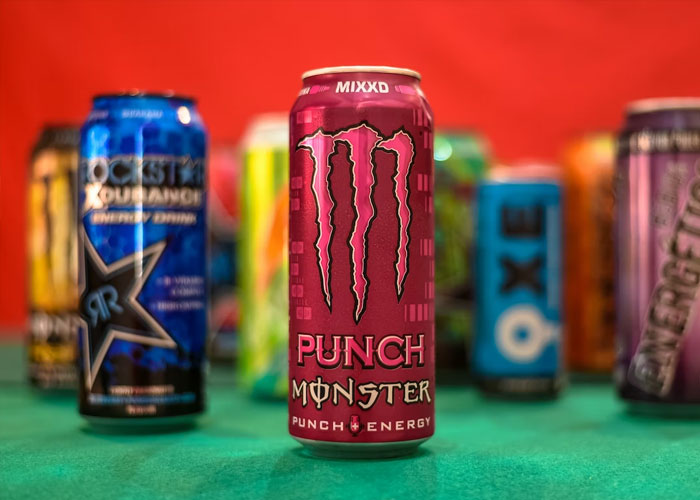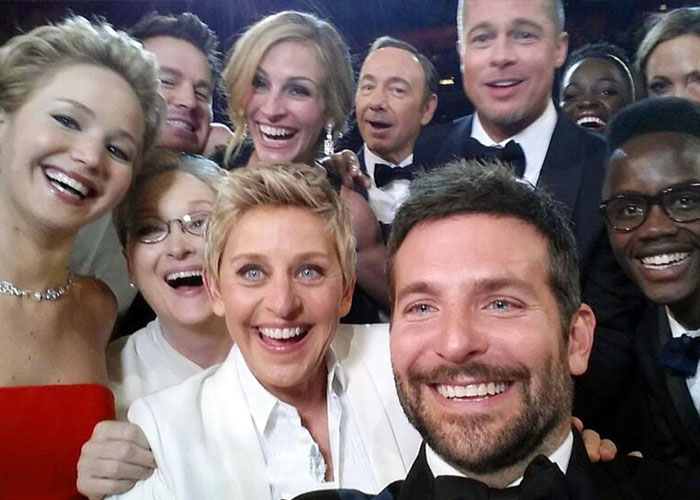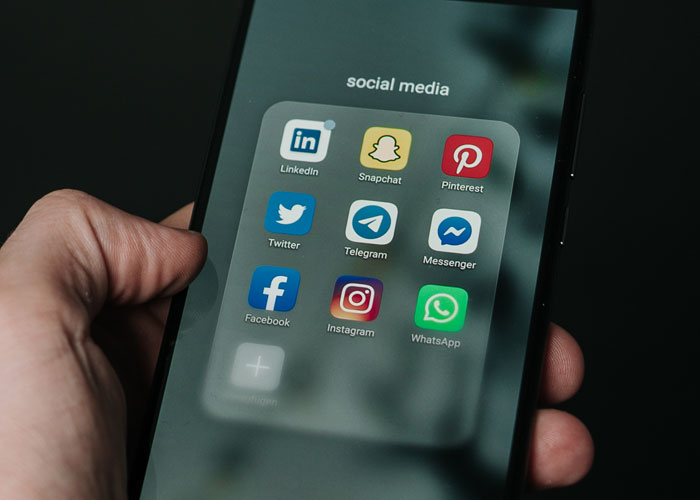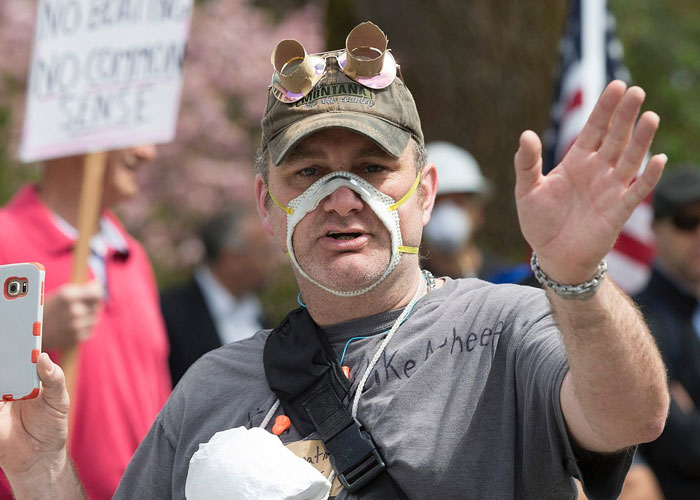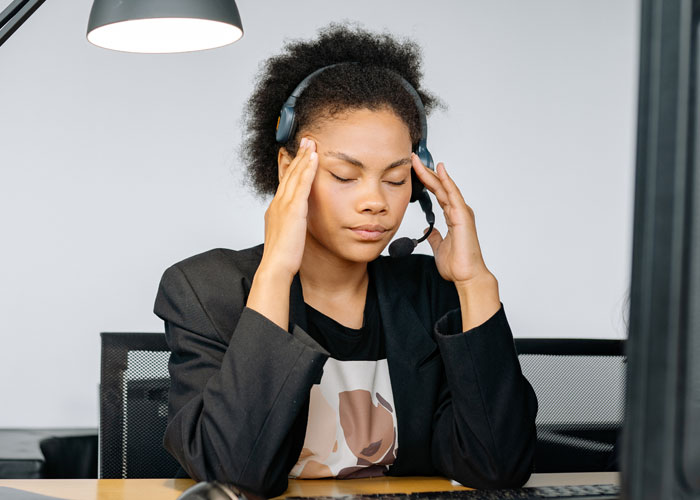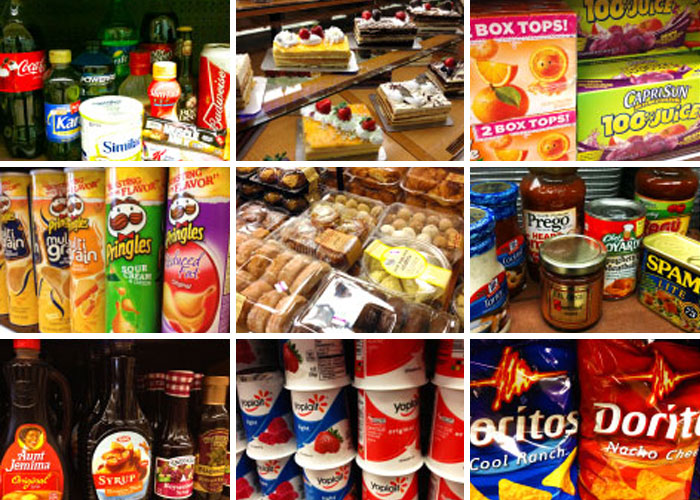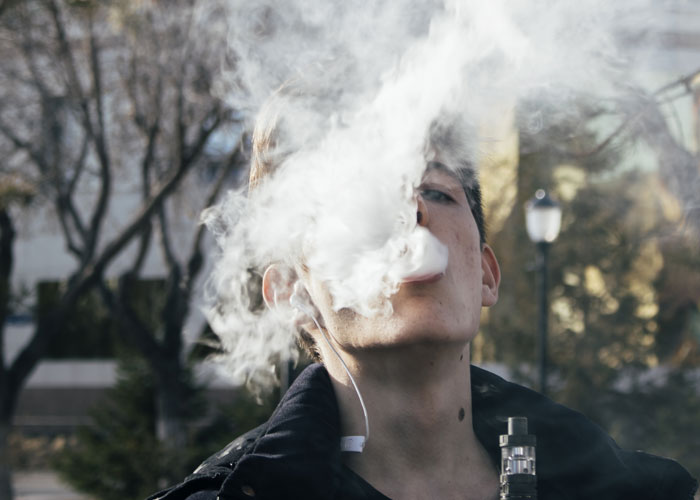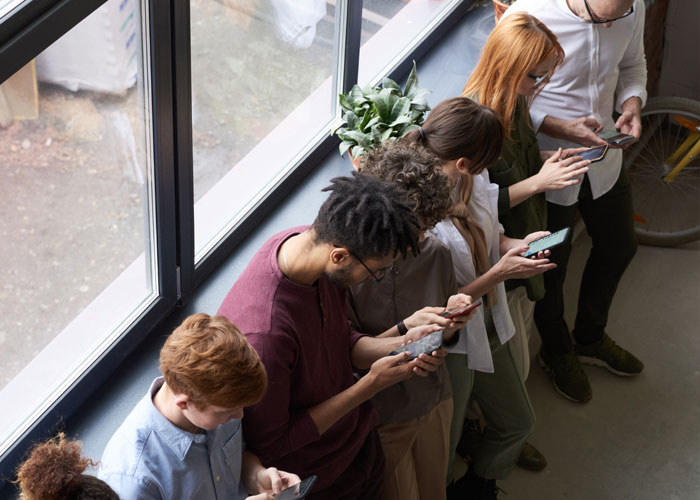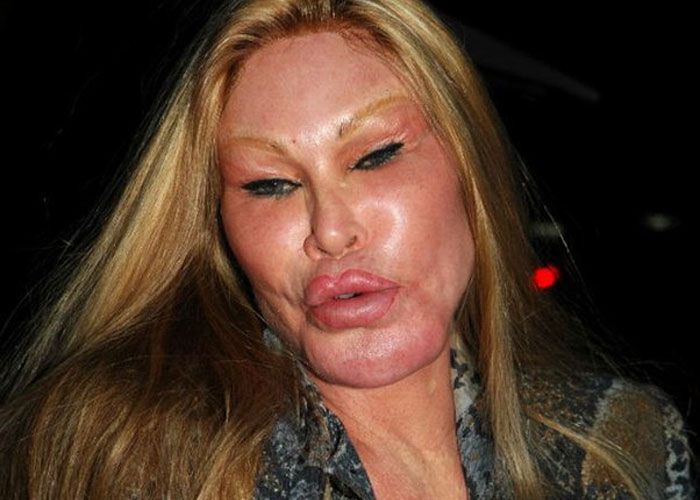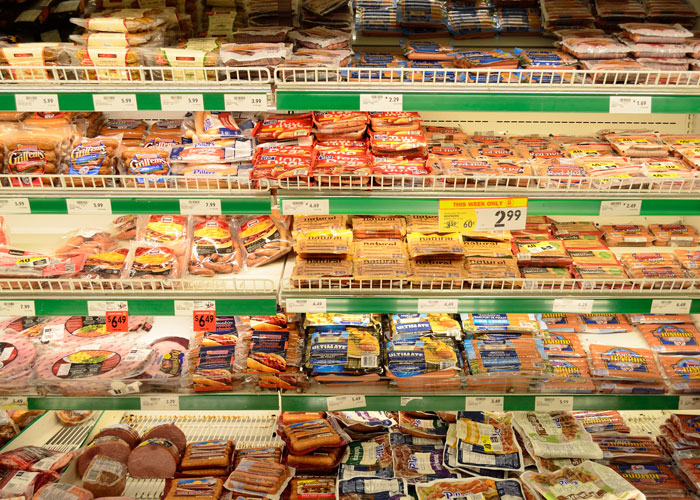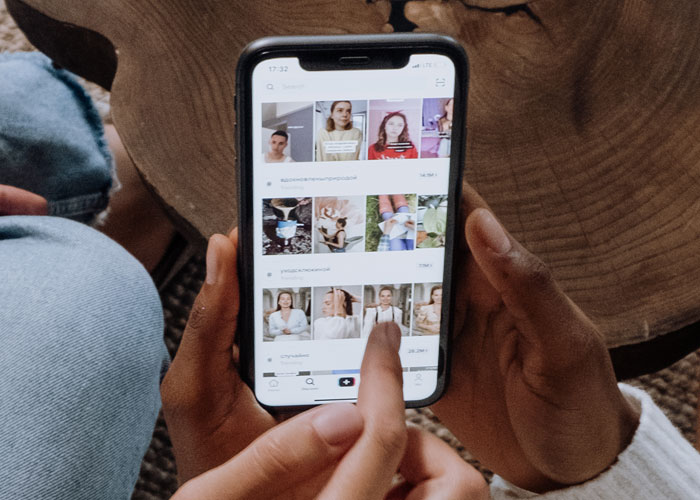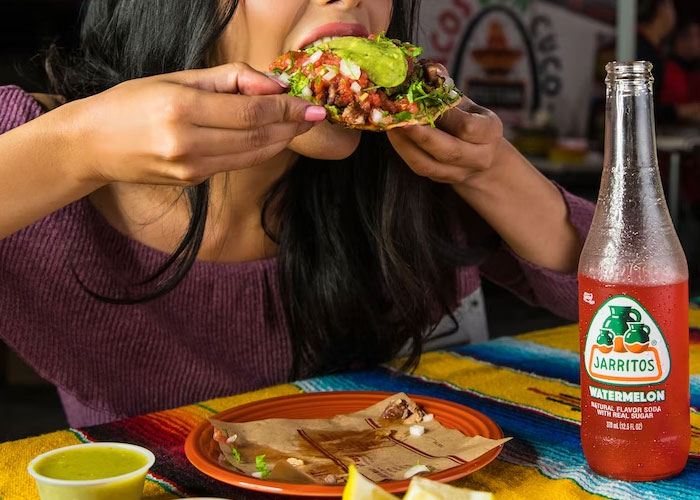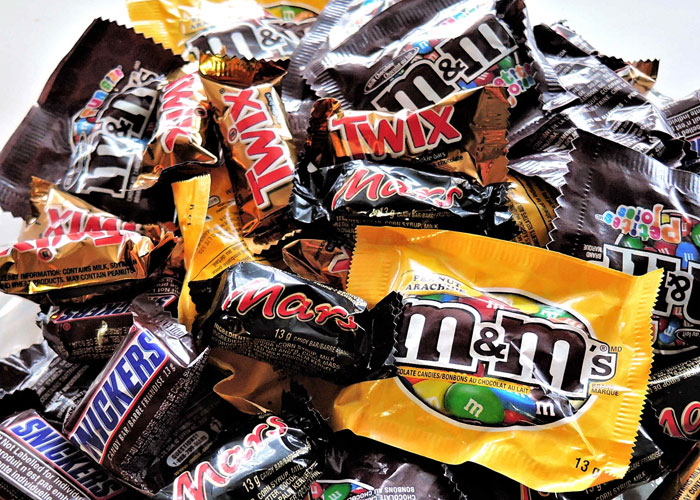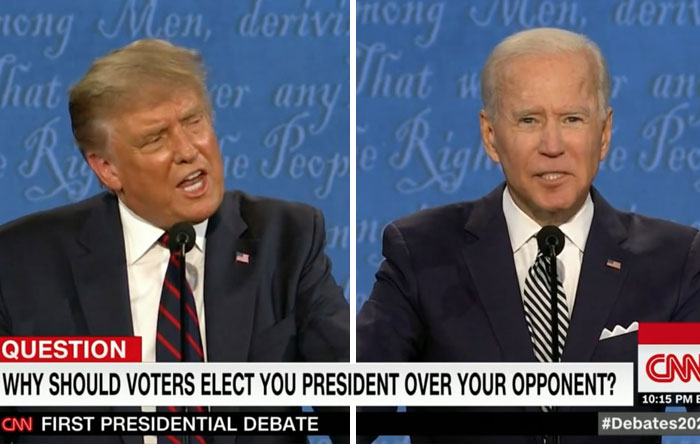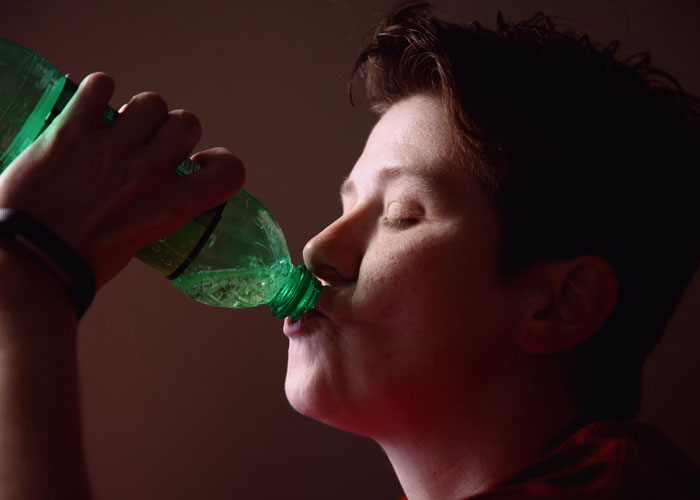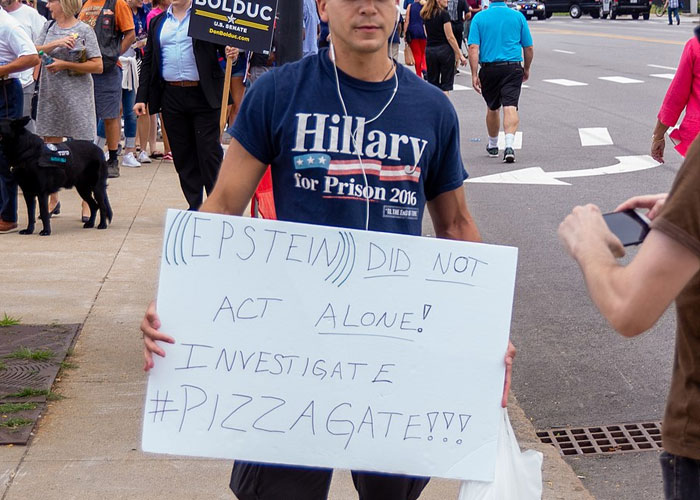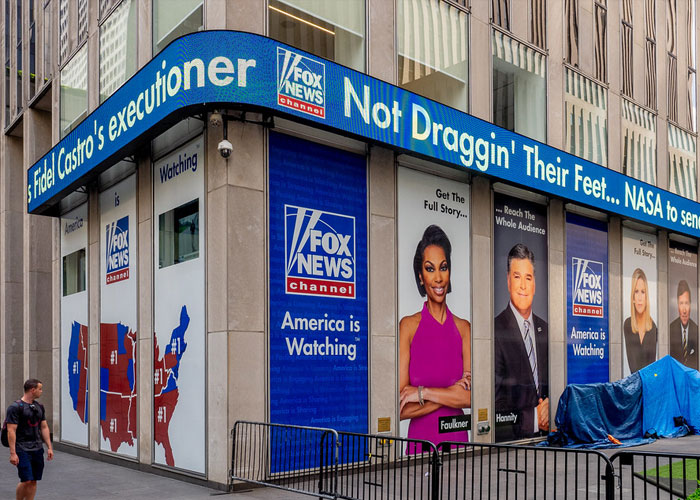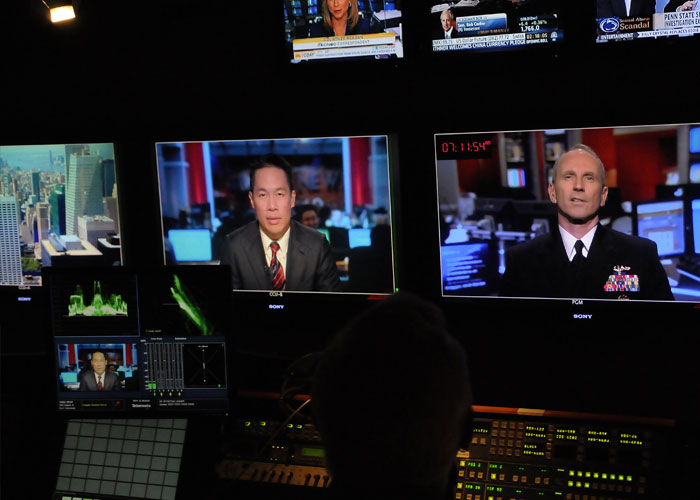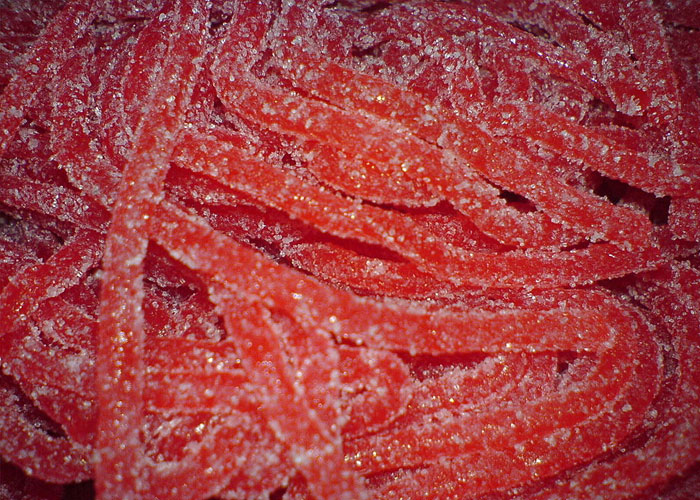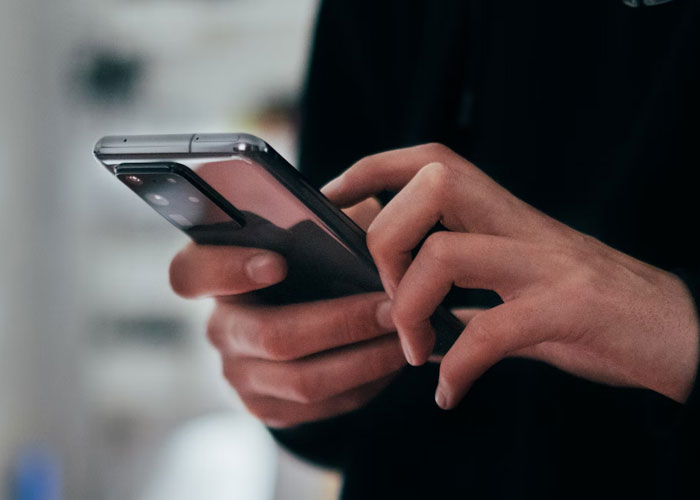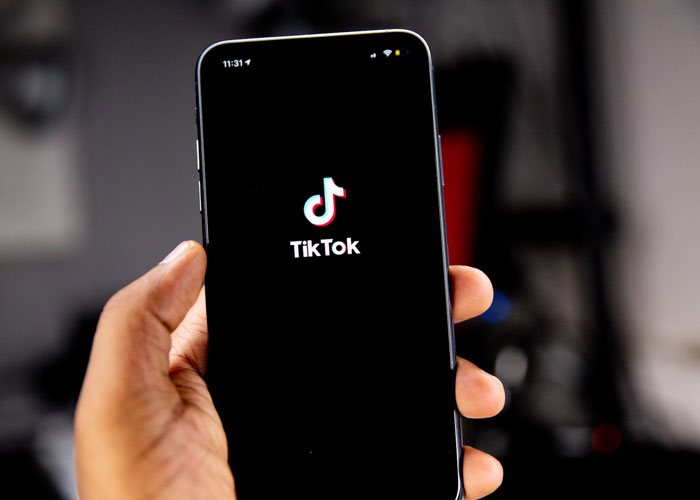23 Modern Day 'Poisons' That Have Been Normalized
Things that are seemingly normal parts of everyday life that are actually not so great for you.
Published 2 years ago in Facepalm
11
I’m gonna say Vaping. I knocked it on the head as my New Year’s resolution. First time I’ve been completely nicotine free, and still going strong, but I genuinely felt like I was about to cough my lungs up about 90% of the time vaping. If I have to be honest, I don’t miss either, but I started vaping to stop smoking. I hate seeing young kids and teens do it- ones who wouldn’t have even considered smoking.
14
An excess of almost anything (overly) processed. Most people consume too much meat, too much sugar, too much salt, too much saturated fat, too much caffeine, too many nitrates/nitrites, etc etc. I try to eat relatively healthy but even I definitely consume too much sugar and too much caffeine. It's so hard to stop once you're used to it, modern processed foods are pretty addictive and it's scary.
18
Outrage. It’s straight up poison to your mental health, but we thrive on it, yearn for it. Places like Tik-tok, twitter, and r/PublicFreakout pass it out like dealers for little more than some attention—poisoning people to feel popular. Worse, it’s useful to those in control, so there’s no escaping it. Political parties and activists need you outraged, one-tracked, immune to real empathy, and motivated to solidify their power, so here we are.
21
Soda. I used to drink it a lot. I had terrible health issues and sleep issues. I cut it all out. Been maybe 2 years without it. I feel better, I'm sick less, I sleep better, and I function better overall. Just replace it with water. If you live in the western world you most likely have clean drinking water being pumped to your house.I don't believe on banning something because I don't like it, but I do think that s**t is poison. It's also super addictive. The first couple weeks I cut soda out was rough. Then we give this to kids and it screws up their systems.
26
In the US, Red 40. Banned in several countries and restricted in many others. When kids get a "sugar rush," a lot of the time it is just the effect of red dye 40.It has been linked to aggression and mental disorders like attention deficit hyperactive disorder (ADHD) in children. A review of 34 studies estimated that 8% of children with ADHD living in the United States, United Kingdom, Australia, and Canada may have behavioral symptoms related to synthetic food colors. Studies in children with ADHD have demonstrated that restricting synthetic food dyes from the diet led to significant improvements in symptoms.


